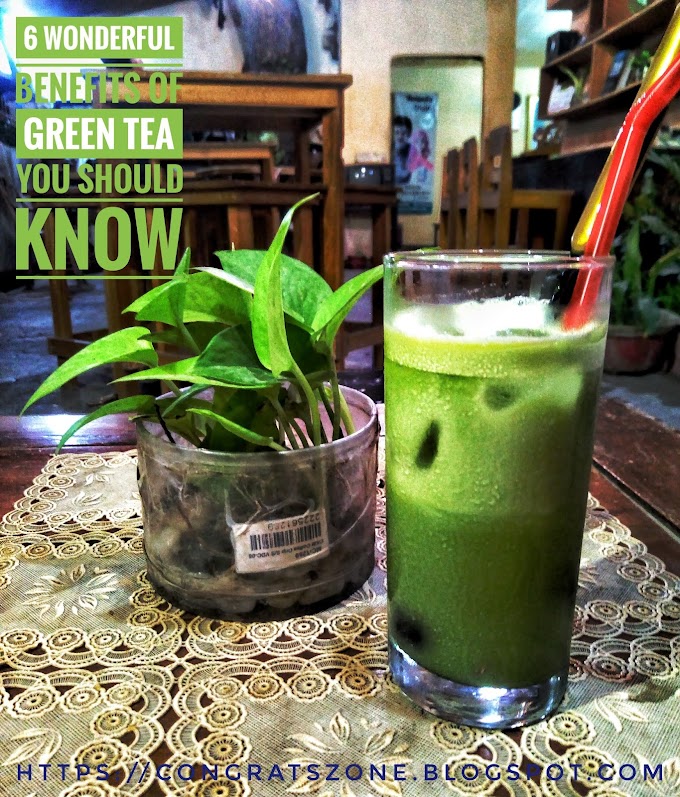 |
| Image by : vegkitchen.com |
Are you familiar with a thing called rooibos tea? If you are not, don’t feel bad for yourself. Granted, the herbal tea indeed have been around for quite some time but its popularity as a beverage that is equally healthy and delicious has just took off in recent years. The people of South Africa have consumed this tea for centuries and it is time for you to give it a shot too for the obvious reasons: the tea is perfect for anyone looking to improve their overall health conditions. But before moving on to talking more about the health benefits of this herbal tea, you should make acquaintance with it first. The tea is also known as red tea and red bush tea. As it is of herbal type, the tea does not use regular tea leaves in its production. The plant used to make the herbal beverage is Aspalathuslinearis, a type of shrub with needle-like leaves commonly found on the western region of South Africa. Red rooibos herbal tea is made by pouring hot ware into a cup of rooibos leaves that are red-brown in color. The color is a result of fermentation process of the leaves.
Green rooibos tea is available, too. Unlike the red
variant, however, the green herbal tea is derived from rooibos leaves that are
not fermented, which taste grassier compared to its red counterpart. A variety
of consumption methods is available for you to take: cappuccino, latte,
espresso, iced, all perfect to make the tea more enjoyable. However, something
as simple as sugar and milk typically is enough to add flavors.
What Does Rooibos Tea Offer You?
If you
think rooibos tea is a complete beverage,
think again. The tea is loaded with antioxidants but is poor in vitamin and
mineral contents save for fluoride and copper. Below are the benefits of the
herbal tea:
- Rooibos herbal tea is perfect for someone who wishes to cut back on caffeine intake. Rooibos contains zero caffeine so if you are sensitive to the compound, the tea is a good alternative to switch to from coffee and black or green tea. Tannins are also absent in rooibos so it shouldn’t interfere with iron absorption within your body. Another compound absent in rooibos is oxalic acid, which is the main culprit for kidney stones.
- Rooibos is rich in quercetin and aspalathin, two antioxidants capable of defending cells against free radicals.
- Rooibos is shown to have positive impacts in improving heart disease, lowering cancer risks, and tackling type-2 diabetes.




0 Comments